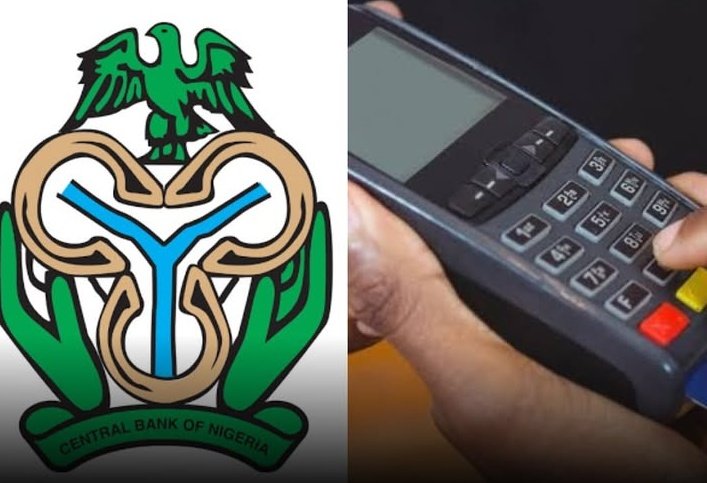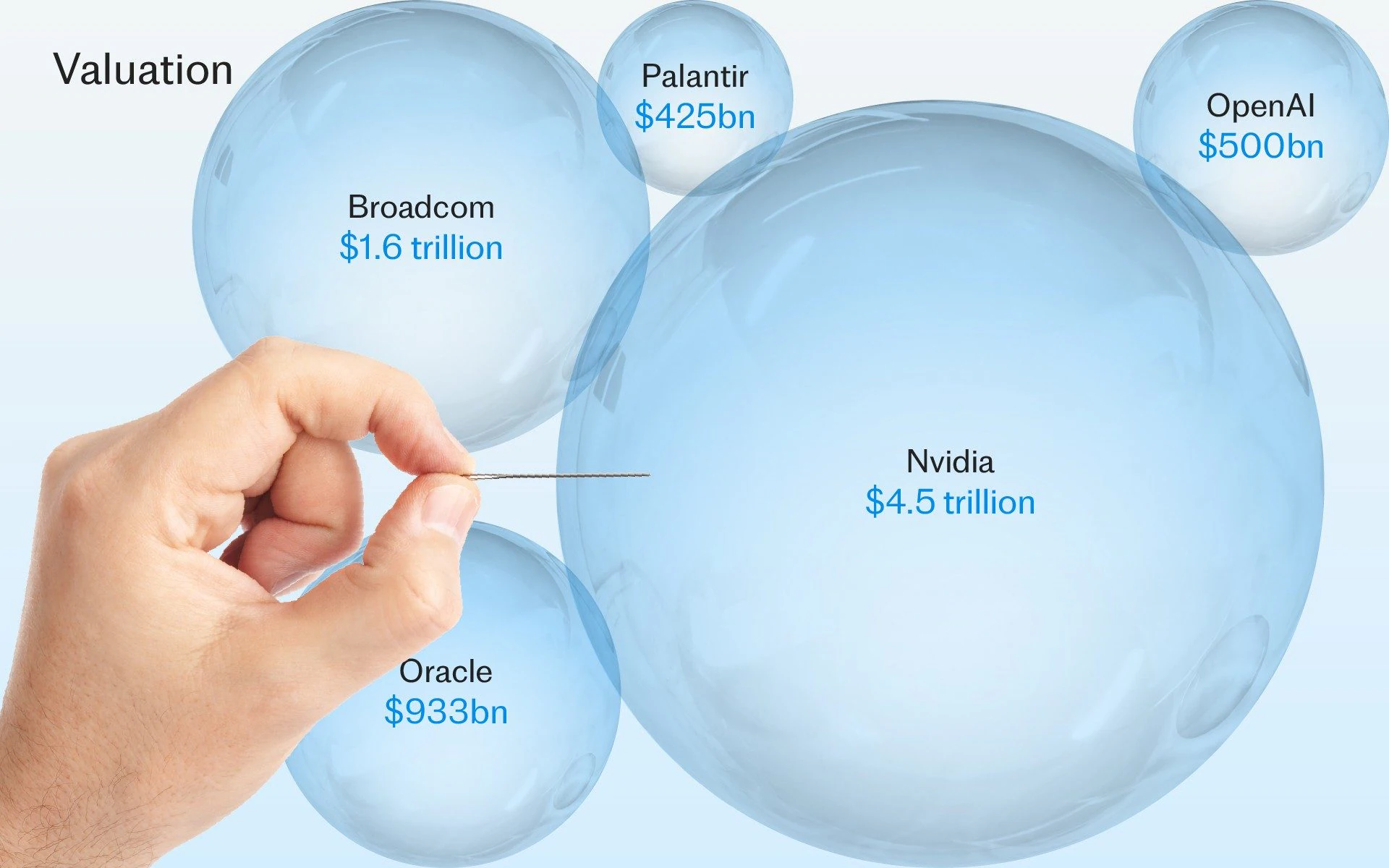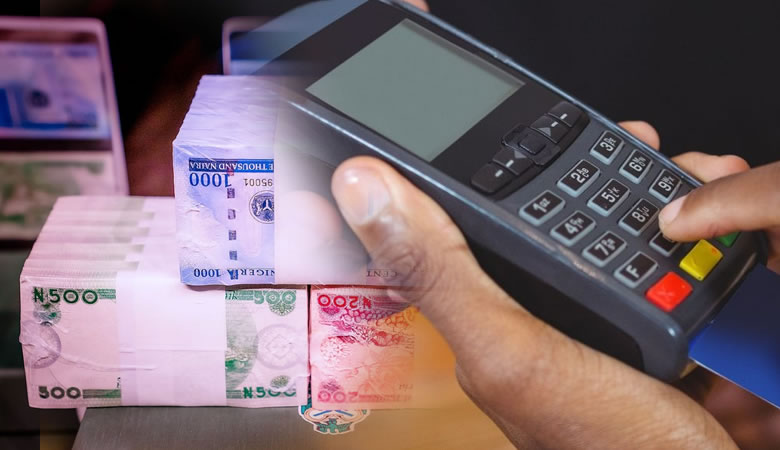As cashless transactions reshape Nigeria’s economy, the numbers are incredible: ₦10.45 trillion processed via POS in just three months.
Now, the CBN is revising the rules of engagement, unveiling a new policy designed to sustain growth without sacrificing financial stability.
Titled Guidelines for the Operations of Agent Banking in Nigeria, the circular (PSP/DIR/CON/CWO/001/049) was issued on October 6, 2025, and signed by Musa I. Jimoh, Director of the Payments System Management Department.
This isn’t just bureaucratic fine-tuning; it’s a strategic clampdown aimed at fortifying financial stability, curbing fraud, and accelerating inclusion in a sector that’s exploded to over 5.9 million active POS devices nationwide.
With agent banking serving as the backbone for cash-out services in underserved areas, the guidelines introduce caps, tech mandates, and stringent reporting regulations to weed out bad actors while creating a more trustworthy ecosystem.
Effective immediately (with agent location and exclusivity rules kicking in April 1, 2026), this builds directly on the CBN’s August 25, 2025, directive mandating ISO 20022 messaging standards by October 31, 2025, and geo-tagging for all payment terminals to enhance traceability and fight fraud.
But as principals like banks and payment service providers (PSPs) scramble to comply, the big question lingers: Who emerges stronger, and who gets squeezed out?
Looking Inside the Circular: Key Provisions at a Glance
The 20-page document lays out a comprehensive framework to professionalise agent operations. Here’s the breakdown of the heavy hitters:
- Transaction Caps for Risk Control: Daily cumulative cash-out per agent is now capped at ₦1.2 million, with individual customers limited to ₦100,000 per day. These thresholds, reviewable per the CBN’s Guide to Charges, target misuse like money laundering while protecting everyday users.
- Dedicated Accounts and Wallets: Every transaction must flow through a principal’s (e.g., bank or PSP) ring-fenced account or wallet. Sidestepping this for personal or non-designated accounts? That’s a straight regulatory breach, inviting sanctions from fines to licence suspensions.
- Reporting Overhaul: Principals must file detailed monthly returns by the 10th of the following month, covering transaction volumes/values, fraud incidents, customer complaints, active agents, device counts, training sessions, and more. The CBN can demand extras anytime, with on-site inspections at its discretion.
- Tech and Security Mandates: Real-time processing on interoperable rails is non-negotiable, complete with instant reversals for glitches. POS devices get geo-fenced and thus locked to registered spots via GPS, with receipts printing the agent’s name and coordinates. All audit trails and settlements? Retained for five years minimum.
- Governance and Oversight: Agents face personal liability for fraud or misconduct, potentially landing on watchlists or blacklists. Principals must publish/update agent lists on websites and branches. Super agents? They need at least 50 sub-agents spread across Nigeria’s six geopolitical zones for nationwide reach. No relocations or closures without principal approval, and a 30-day customer notice is mandatory.
These aren’t mere suggestions; the CBN wields broad powers, from suspending new agent onboarding to revoking licences for repeat offenders.
The goal? Transform agent banking into a structured pillar of financial services.
The Foundation: Tying into August’s Tech Upgrades
This circular doesn’t drop in a vacuum. It amplifies the CBN’s August push for ISO 20022, a global standard for richer payment data,and mandatory geo-tagging of POS terminals to track devices and stem theft/cloning.
With a hard deadline of October 31, 2025, for full adoption, these layers create a fraud-resistant backbone: better data flows mean smarter fraud detection, while geo-locks curb “roaming” scams where thieves hawk stolen machines in new locales. Together, they’re scripting a more secure, inclusive payments future.
READ ALSO:PalmPay POS Price, FairMoney Loans & OPay Agent Sign-up Explained
Who Wins? The Compliant and the Cautious
For all its stringency, this shake-up hands clear victories to those primed for compliance:
Big Players and Super Agents:
Established PSPs and banks with robust tech stacks, like those already geo-tagging devices, gain a competitive edge.
Super agents scaling to 50+ across zones can dominate underserved markets, turning regulatory hurdles into buffers against smaller rivals.
Expect consolidation, with winners like Moniepoint or Opay automating reports and hardening systems to onboard more agents safely.
Consumers and the Underserved:
Everyday Nigerians win big on protection. Geo-fenced devices and instant reversals slash fraud risks, while transparent agent lists build trust.
In a country where 40% remain unbanked, these rules could supercharge inclusion by making POS ops more reliable, especially in rural zones.
The Broader Ecosystem:
Fraudsters get hit, potentially saving the sector billions in losses. A more stable POS market projected to hit even greater volumes as cashless adoption climbs strengthens Nigeria’s GDP push via services innovation.
It’s a win for regulators too, with real-time data feeding sharper policy modifications.
Who loses? The Informal and the Irresponsible
Not everyone’s celebrating. The losers are those whose models clash with the new requirements:
Informal and Roaming Agents:
For “nomad” operators who scuttle terminals across towns in search of speedy cash-outs, geofencing is a dead end. Locked to one spot?
That’s revenue evaporation for many small-timers, especially in fluid urban-rural flows. Early reactions hint at business model overhauls or outright exits.
Limited Resources:
Five-year data hoards and monthly reporting require staff and technology investments that many mom-and-pop agents cannot afford.
Non-compliance risks blacklisting or deactivation, hitting hardest those without dedicated wallets or training programmes. In a sector packed with 8.36 million registered terminals (as of March 2025), the compliance gap could sideline thousands.
Fraud Networks and Bad Actors:
Personal liability and CBN audits spell doom for scammers exploiting lax oversight. But in the crossfire?
Legit agents caught in overzealous enforcement, facing sanctions for honest slip-ups.
Mixed voices are emerging: some operators decry added costs amid economic squeezes, while supporters hail the fraud curb.
Central Bank of Nigeria Guide:
For those following CBN Nigeria news today, updates from the Central Bank of Nigeria often highlight key policy shifts, financial reforms, and recruitment opportunities.
Job seekers can stay informed about openings through the official www.cbn.gov.ng portal, where details on CBN Nigeria recruitment are regularly posted.
Many Nigerians also search for CBN Nigeria loan programmes designed to support businesses and individuals across various sectors.
For enquiries, the CBN Nigeria contact and CBN Nigeria contact number are available for direct assistance.
Meanwhile, the Central Bank of Nigeria exchange rate remains one of the most closely monitored financial indicators in the country.
FAQs
Who is the new Governor of Central Bank of Nigeria?
The current Governor of the Central Bank of Nigeria is Olayemi “Yemi” Cardoso.
Who is the founder of Central Bank of Nigeria
The Central Bank of Nigeria (CBN) was founded by the Federal Government of Nigeria, not by an individual.
Ronnie Paul is a seasoned writer and analyst with a prolific portfolio of over 1,000 published art






Leave a Reply